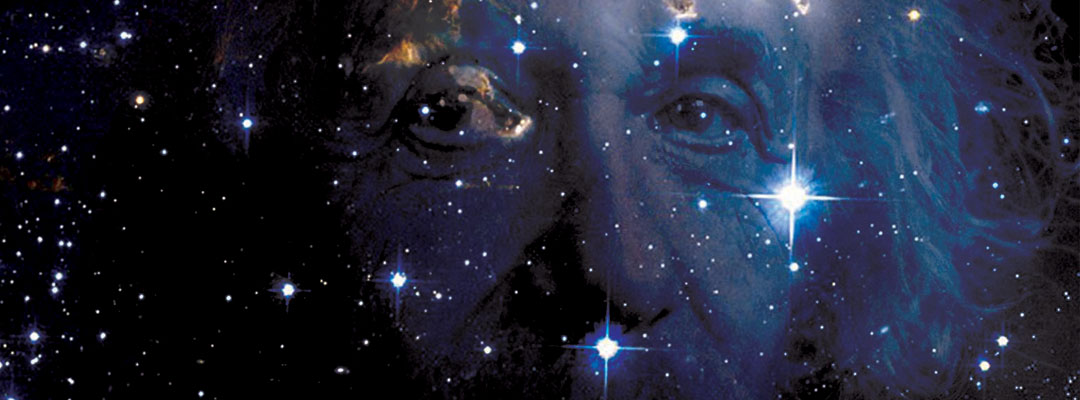Calendar of Events
S Sun
M Mon
T Tue
W Wed
T Thu
F Fri
S Sat
0 events,
1 event,
Robert DiSalle: Gravity, Geometry, and Philosophy: 100 Years in Einstein’s Universe
Robert DiSalle: Gravity, Geometry, and Philosophy: 100 Years in Einstein’s Universe
One hundred years ago, in November 1915, Albert Einstein achieved his long-sought theory of gravitation: the General Theory of Relativity. In developing the General Theory, Einstein brought together ideas from philosophy, mathematics, and physics, to create a remarkable new conception of gravity, space, and time. His work is a model of the engagement between philosophy […]
0 events,
0 events,
1 event,
Elisabeth Lloyd: Robustness as a Confirmatory Virtue
Elisabeth Lloyd: Robustness as a Confirmatory Virtue
ABSTRACT Both climate scientists and philosophers have been working hard to understand how the huge multidimensional global climate models can be tested and confirmed. The convergence of multiple climate models on a single outcome or result has provided a key feature in these discussions. Philosophers of science tend to think that such convergence, or “robustness,” […]
1 event,
Elisabeth Lloyd: The Orgasm Wars
Elisabeth Lloyd: The Orgasm Wars
ABSTRACT There has been a fierce battle occurring among people who explain the evolution of human female orgasm, about its evolutionary origins and nature. The core issue is that the female orgasm presents an evolutionary puzzle. Unlike the male orgasm, female orgasm is not associated with any increase in fertility or reproductive success. Several types […]
0 events,
0 events,
0 events,
0 events,
0 events,
0 events,
0 events,
0 events,
0 events,
0 events,
0 events,
0 events,
0 events,
1 event,
Pierre Jacob: What is So Special About Human Social Cognition?
Pierre Jacob: What is So Special About Human Social Cognition?
ABSTRACT I will argue for a three-tiered answer to the question. (1) Only humans are able to track the contents of others’ false beliefs. (2) Only humans are able to engage in ostensive cooperative communicative actions. Since I assume that not all, but much, of the answer to the question is likely to come from […]



